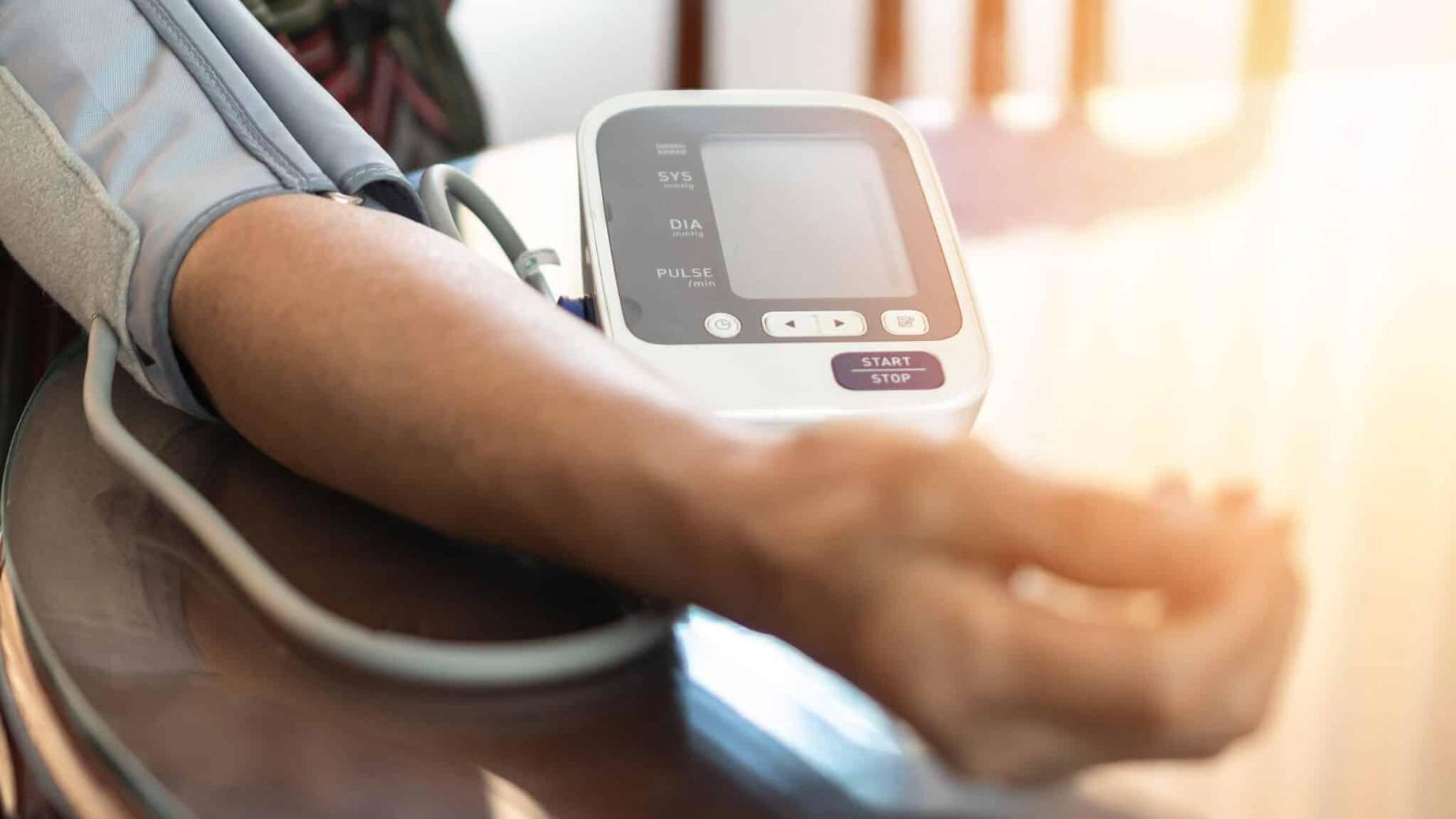Africa-Press – Botswana. Middle income countries continue to have poor control of high blood pressure ailments despite hosting the largest population of such patients.
This was revealed by various speakers at the week-long annual general meeting by research alliance, HLB-SIMPLE held in Gaborone this week.
One of the speakers, Prof.Vincent Setlhare of Botswana InterCARE said 67 per cent of people with hypertension were found in the low and middle income countries, which he said translated to about 1.7 billion people.
“Above that, 10.4 million people globally die of blood pressure related diseases annually, and the sad reality continues to be poor control in both high and middle income countries, and this is also the case in Botswana,” he said.
Prof. Setlhare said the case of Botswana was confusing in that there was free medical treatment in the public healthcare system, and that other arrangements like enough drugs and PB machines as well as separate public clinics for patients with high blood pressure were in place.
He said it was unfortunate that there.were no studies yet to establishment the reasons behind this discrepancy, but said however, that preliminary research indicated that facilitators of such poor maintenance included high patient volume at health services centers, staff shortage and inadequate use of information technology. “Other barriers noted were pharmacy and laboratory challenges like drugs and reagent shortages,” he said. “There were also patient related barriers such as non-adherence, smoking and other unhealthy lifestyles.”
Prof. Setlhare therefore urged patients to take more responsibility for their blood pressure care, adherence to treatment and having positive lifestyles.
He said social support related facilitators such as supporting elderly patients to know when and how to take their medication and when to go for reviews were also important correctional measures.
He said this would be more welcomed especially in villages where elders mostly stayed alone and could even have challenges travelling to a heath facility.
“There is also a need for poorer patients to be supported financially to enable them to buy drugs from private pharmacies in case there was stock out in public clinics,” he said.
Prof. Setlhare raised concern at the habit of high alcohol intake by high blood pressure patients as well as usage of illicit drugs, which he said contributed to lack of adherence.
His sentiments were corroborated by Dr Anyiekere Ekane from the University of Uyo in Nigeria, who indicated that such lack of adherence even contributed to shortening the lifespan of patients living with HIV and AIDS.
“This then drastically reverses gains realized in Highly Active Antiretrovial Therapy (HAART). The general perception with hypertension related ailments in the area that we have done research at in Nigeria range from spiritual beliefs, which leads to some people abandoning their medication on declaration by pastors that they have been healed,” he said.
Dr Ekane said there were also some beliefs that linked hypertension to excessive thinking, and that in some instances, patients have admitted to only taking medication when they feel the symptoms, which generally translated to non-adherence that led to relapses.
For More News And Analysis About Botswana Follow Africa-Press






